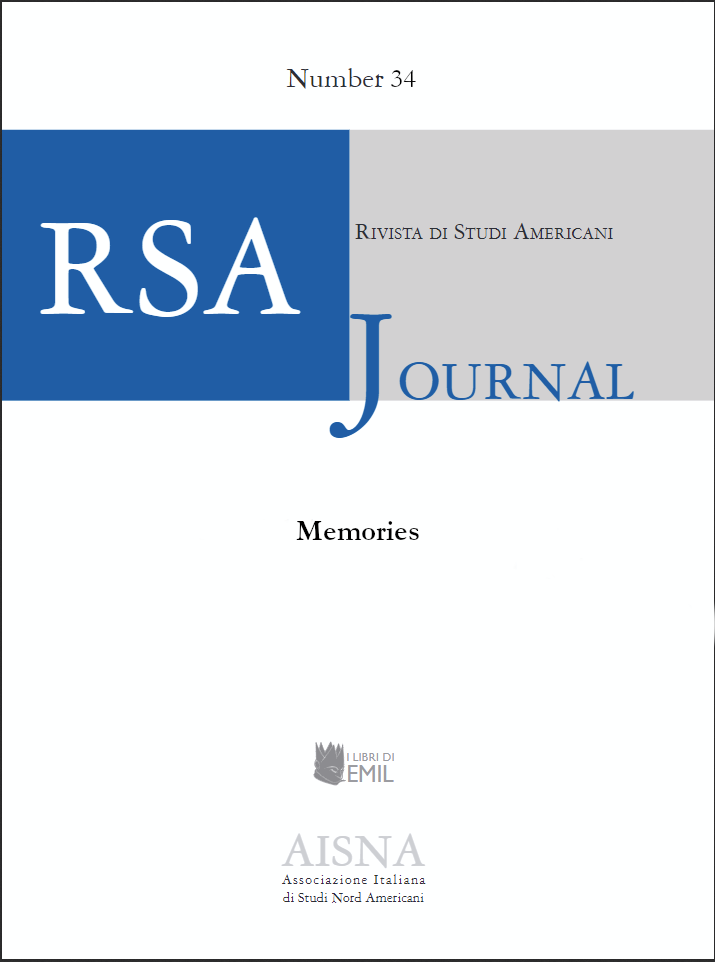“All Nature Teems with Life”
Anthropogenic Wastelands in Robert Hass’s Ecopoetics
DOI:
https://doi.org/10.13135/1592-4467/8374Keywords:
wasteland, Robert Hass, ecopoetics, posthumanismAbstract
Drawing on Rosi Braidotti’s thinking on the need for “a downsizing of human arrogance” and solidarity with other (non)humans,” as well as on Rob Nixon’s and Saskia Sassen’s insights into the perverse logic of capitalism and the slow violence brought about by environmental degradation, this article examines the representation of anthropogenic wastelands in American poet Robert Hass’s acclaimed Time and Materials: Poems 1997-2005. The concept of wasteland as an image of decadence, crisis and a mindset marked by exhaustion is present in a significant set of poems in Hass’s collection, where two kinds of wastelands can be discerned. The first kind concerns the devastation of spaces, terraforming, overexploitation, species extinction and the depletion of natural resources in the Anthropocene, which is particularly palpable in the ten-part “State of the Planet,” an ambitious piece that condenses the story of the Earth from the Big Bang to the present. The second kind of wasteland concerns the massive corporeal waste brought about by the devastating wars punctuating the twentieth century. As a poet, Hass is called on to bear witness to his time, one that seems to be intent on destroying the biosphere
as the oikos life has built for itself at the expense of relentless economic growth. Yet he is prompt to write other poems, not of denunciation but of exultation, that sing of the beauty and vulnerability of the physical world homo sapiens is a part of, not apart from.
Downloads
Published
Issue
Section
License
RSAJournal will apply a CC BY 4.0 license to all its contributions starting with issue 37 (2026). Previous issues are licensed under a CC BY-NC-ND licence.





